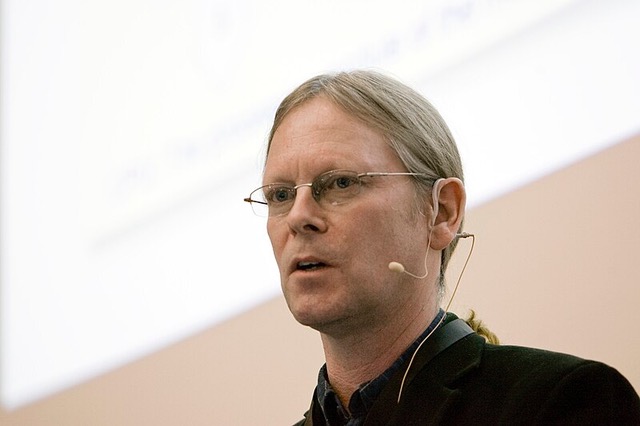
Insight Visitor Talk March 18th 13:00 hrs
North Campus – IDA Business Park
Insight Building
Main Conference Room
https://www.eventbrite.com/e/1246271444439?aff=oddtdtcreator
Beyond Sentient AI inspired by Cognitive Sciences
Dr. Dave Raggett is a web pioneer with a lifelong interest in AI, gaining experience at the University of Oxford (PhD), the Machine Intelligence Research Unit at the University of Edinburgh, the Logic Programming Department at Imperial College, the Computer Science and AI Lab at MIT and many years at HP Lab’s knowledge based programming department. He is now a member of W3C/ERCIM and has been involved in a succession of European projects. He founded W3C’s Cognitive AI Community Group and is driving ongoing work on human-like AI. He holds an honorary professorship at the University of the West of England.
Dr. Raggett will present related work on a) cognitive approaches to low-code real-time control for swarms of agents, b) research challenges for evolving Generative AI into Sentient AI, inspired by the cognitive sciences, c) the continuing role of symbolic representations in the era of AI and opportunities to make semantic interoperability easily accessible to a broad audience, and finally d) the extension from logical proof to rational argument: plausible reasoning with knowledge that is uncertain, imprecise, context sensitive, incomplete, inconsistent and subject to change.
His work on Sentient AI can be seen as a neural network implementation of ideas developed by John Anderson for ACT-R, noting that Chunks & Rules is a modernised version of ACT-R. Neural networks don’t obsolete symbolic approaches which still have an important role to play, and we need to work harder on making this easier for people to grasp. Large language models have shown the practicality of statistical approaches to knowledge and reasoning, and it is timely to look at how to extend symbolic approaches to support argument in place of logic when it comes to the reality of everyday knowledge.